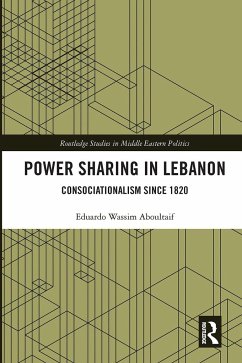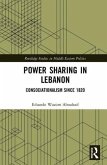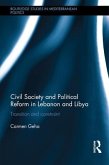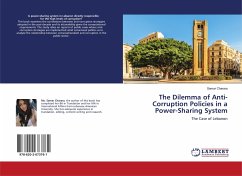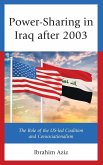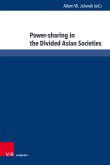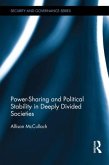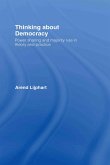This book studies the origins and evolution of power sharing in Lebanon. The author has established a relationship between mobilization, ethnurgy (ethnic identification), memory and trauma, and how they impact power sharing provisions. The book starts with the events in the 1820s, when communities began to politicize their identities, and which led to the first major outbreak of civil violence between the Druze and the Maronites. Consequently, these troubled four decades in Lebanon led to the introduction of various forms of power-sharing arrangements to establish peace. The political systems introduced in Lebanon are: the Kaim-Makamiya (dual sub-governorship), a quasi-federal arrangement; the Mutassarifiya, the prototype of a power-sharing system; the post-independence political system of Lebanon which the book refers to as semi-consociation, due to the concentration of executive powers in the Presidential office; and finally, the full consociation of the Taif Republic. In each of these phases, there was a peculiar interaction between the non-structural elements that had a direct impact on power sharing; this led at times to instability, and at other times it brought down the system, as in 1840-1860 and 1975. Power Sharing in Lebanon is the first academic work that emphasizes the influence of the non-structural elements that hinder power sharing. This volume is now a key resource for students and academics interested in Lebanese Politics and the Middle East.
Bitte wählen Sie Ihr Anliegen aus.
Rechnungen
Retourenschein anfordern
Bestellstatus
Storno

